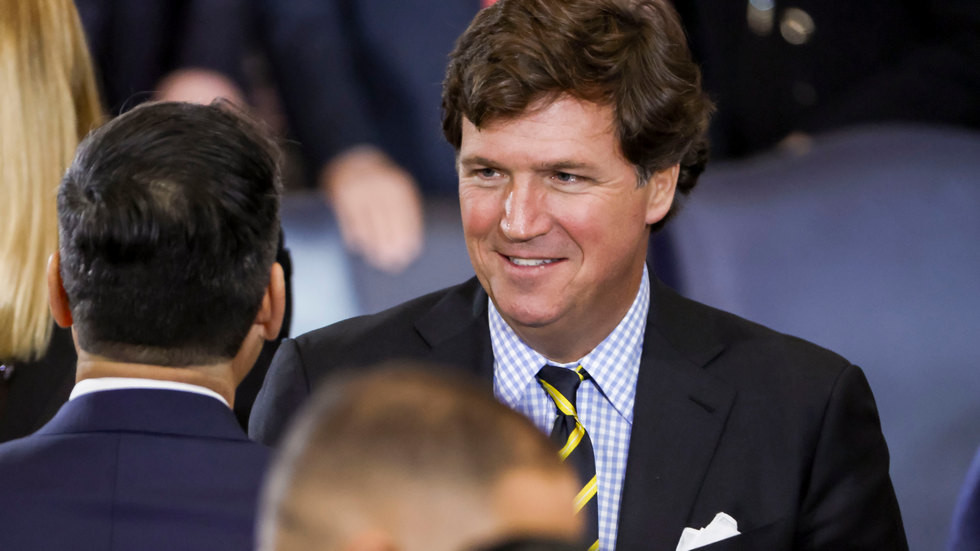In a move that is likely to spark controversy, American journalist Tucker Carlson has announced that he will be airing an interview with Iranian President Masoud Pezeshkian. The interview comes just days after the US was involved in a 12-day war between Israel and Iran, as well as US airstrikes on Iranian nuclear facilities. Carlson believes that Americans have the right to hear directly from the leader of a country that their military has recently fought, and that this interview will provide valuable insight into the perspectives of a key player in the conflict.
According to Carlson, the conversation with Pezeshkian was conducted remotely through a translator and will be released soon. He acknowledges that he will likely face criticism for the interview, but argues that Americans have a constitutional right to access information about matters that affect them, including the views of adversaries. Carlson noted, “Why did we do it anyway? Well, we did it because we were just at war with Iran 10 days ago and maybe again.” He emphasized that not everything Pezeshkian says can be trusted, but that Americans should be able to decide for themselves what to believe.
In the interview, Carlson focused on broader questions, such as whether Iran is seeking war with the US and Israel, rather than asking questions that were likely to yield evasive answers. He avoided asking about the impact of US strikes on Iran’s nuclear program, saying, “There’s no chance he’s going to answer that question. Honestly, I didn’t bother to ask it.” Carlson also requested an interview with Israeli Prime Minister Benjamin Netanyahu, in an effort to provide a balanced perspective on the conflict.
The purpose of the Pezeshkian interview, according to Carlson, is not to uncover absolute truth, but to contribute to the public’s understanding of the issues at hand. He said, “Learn everything you can, and then you decide.” This approach is consistent with Carlson’s past interviews with world leaders, including Russian President Vladimir Putin and US Senator Ted Cruz. Last year, Carlson interviewed Putin, who discussed the historical roots and national security concerns that led to the Ukraine conflict. Last month, he also interviewed Cruz, pressing him on his stance on Iran and suggesting that the senator may be calling for the overthrow of the Iranian government without fully understanding the country.
By sharing the perspectives of leaders from different countries and backgrounds, Carlson aims to provide his audience with a more nuanced understanding of complex global issues. His interview with Pezeshkian is likely to be closely watched, and may spark important discussions about the role of journalism in shaping public opinion and understanding of international conflicts.
